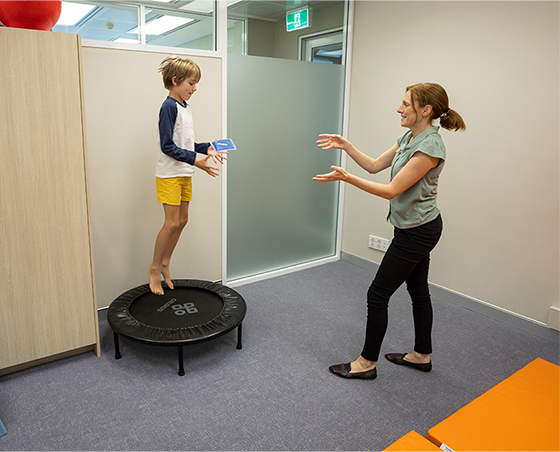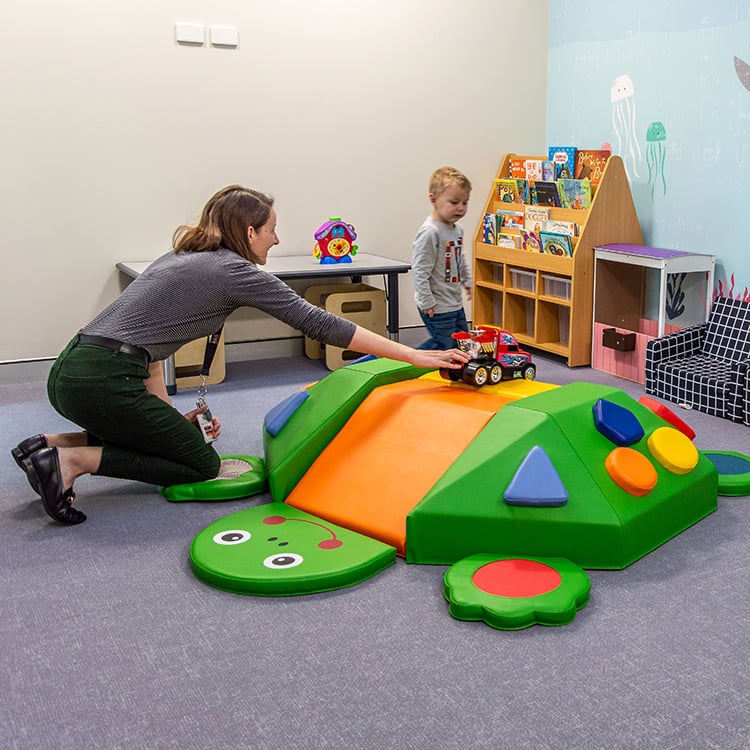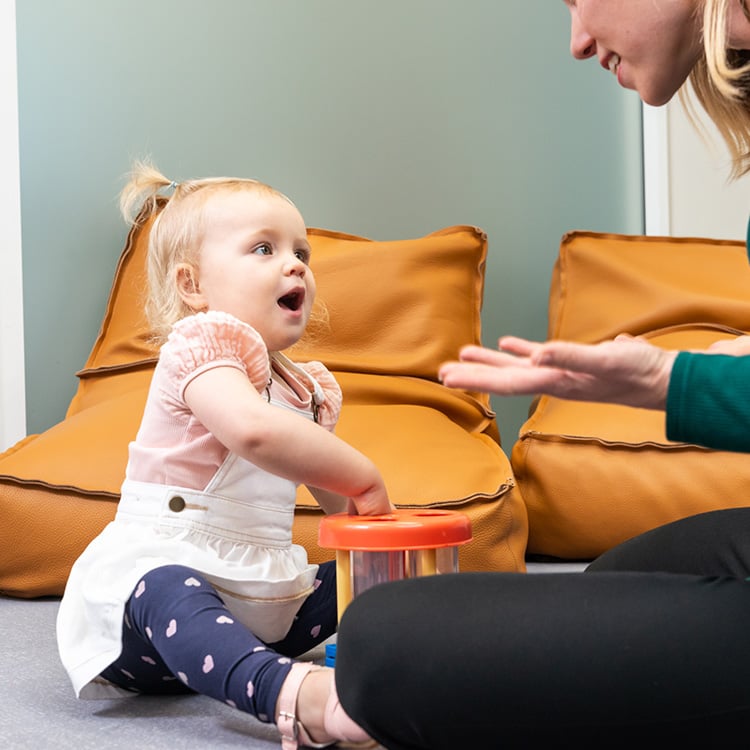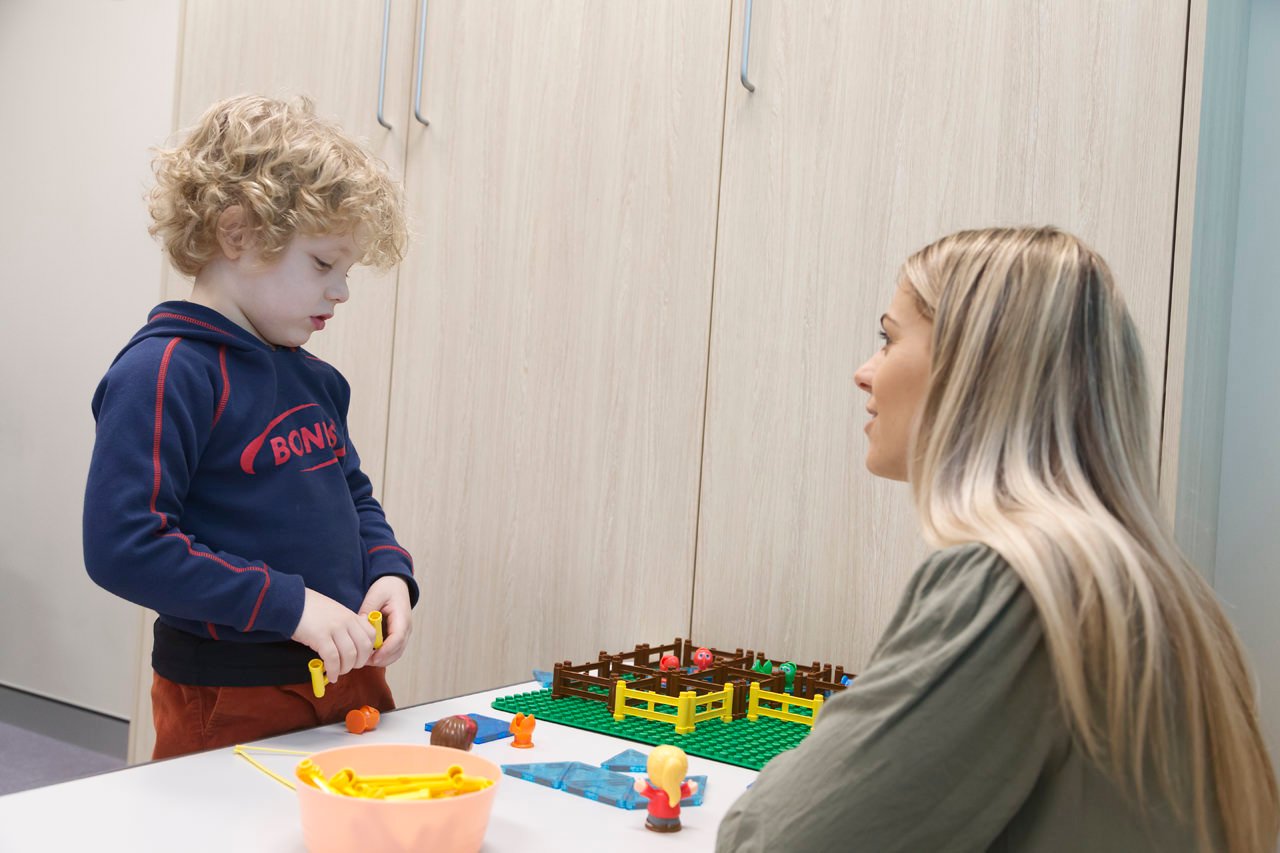Search

At CliniKids, the JASPER approach is for preschool and school-aged children who have differences in play and social communication skills.

Find out more about CliniKids' new program which boosts early language skills through book sharing.

Developmental Coordination Disorder (DCD) is a neurodevelopmental condition that affects a child’s ability to learn and carry out everyday motor skills. An early and accurate assessment helps families and schools understand a child’s unique needs.

At CliniKids, we offer group or individual support for siblings of autistic children.

CliniKids runs training in a range of areas for clinicians and autism professionals in addition to workshops for parents, caregivers and families.

Find out how to access services at CliniKids.
CliniKids is putting the ‘evidence’ in evidence-based practice by providing families access to the best scientific-backed therapies as quickly as possible so that all autistic children have the chance to reach their full potential.

Find out about the range of Focused Therapy programs on offer at CliniKids.

Find out more about Paediatric Autism Communication Therapy training for allied health and autism professionals at CliniKids.

Learn more about the TOTS Study at CliniKids
